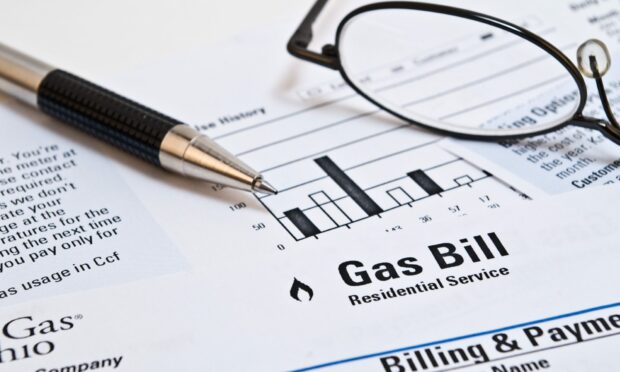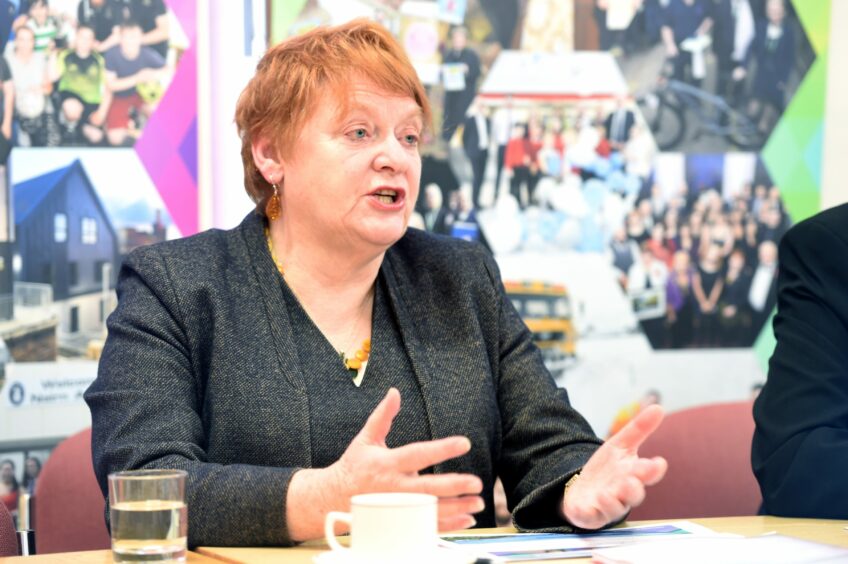Seven council leaders across the north have joined together to sign a letter to UK Energy Minister urging action over escalating energy costs.
Leaders from Highland Council, Moray Council, Argyll and Bute Council, Western Isles Council, Orkney Council, Shetland Council and North Ayrshire Council have expressed deep concern about the rising energy costs and the impact on local communities.
Together, the authorities represent the whole of the Highland and islands region.
They are calling on the UK Government to replace the current electricity distribution system and share the cost of energy distribution across the UK.
The cost of living in the UK has risen significantly as the nation begins to recover from Covid-19.
Also, tensions between Nato and Russia have exacerbated the energy crisis, pushing prices up with fuel reaching a near all-time high.
A recent survey conducted by Citizens Advice found that one in three Scots were already struggling to meet their energy costs.
‘Bills hitting the poorest in our communities’
This is before the expected price hike on April 1, which will cost the average Scot an extra £2,000 a year.
In the letter addressed to Kwasi Kwarteng MP, the leaders showed a united front in highlighting that the region is a net exporter of energy to other areas in the UK.
They also highlight that any action taken to remedy the situation would “make a real statement that the UK Government ‘s Levelling Up agenda is making a meaningful difference to communities in the most remote and rural parts of the UK”.
The joint letter said: “As regional leaders for the Highland and Islands we felt the seriousness of the current energy cost crisis merited us making a joint approach to UK Government we also copied in all of our Highlands and Islands MSPs so that they too appreciate the seriousness of where we are.
“While we welcome the support the chancellor announced and has sent to devolved nations, The current charging regime for bills is unfair and is hitting the poorest in our communities most of all.
“Charging for electricity penalises the north as there are no universal charges and we pay more to contribute to and sustain the grid as we do not have much smaller numbers of people in the north.”
The Department for Business, Energy & Industrial Strategy was contacted for comment.

